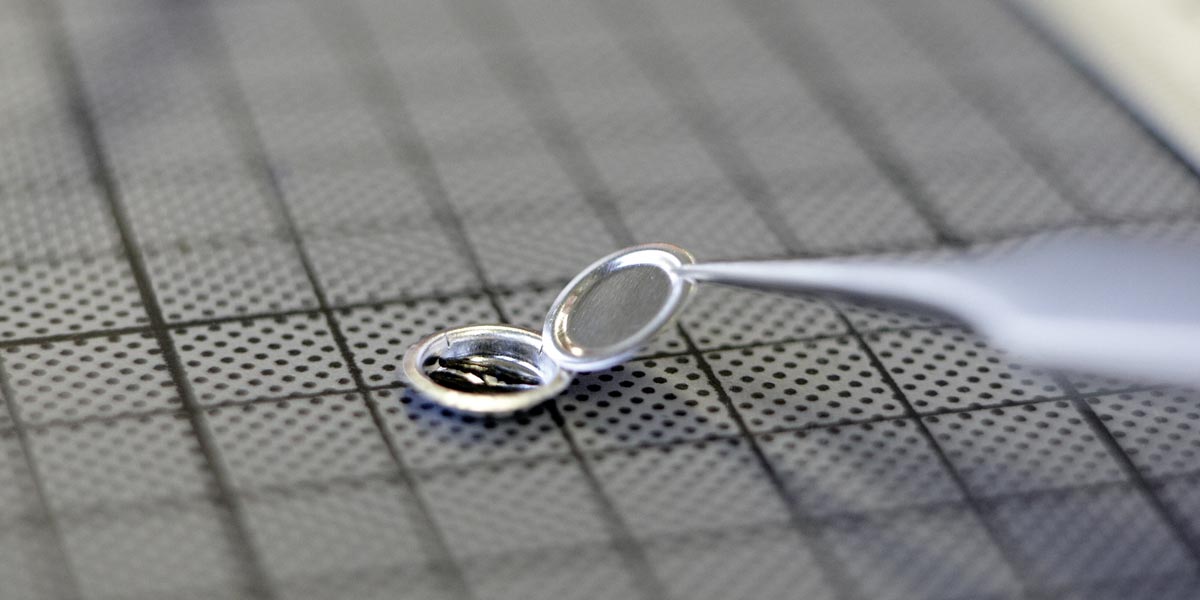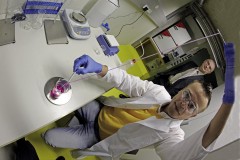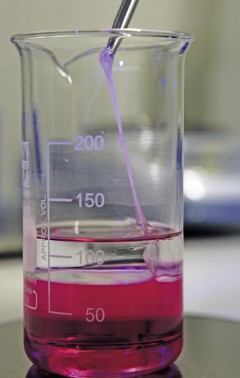Scientists at the Johannes Kepler University Linz (JKU) are currently developing new types of polymer for encapsulating solar cells that perform better and cost less than those on sale so far.
Whereas researchers working on the SolPol-1 and SolPol-2 projects were concerned with polymer-based solar collectors, completely new materials for the PV industry are being developed in SolPol-3, which is organized as an industrial research project. The experts see considerable potential for developing PV modules further in the merging of scientific and industrial competence in the fields of PV and polymer technologies.
The project brings leading Austrian research organizations together with firms active in the PV and polymer sectors. Alongside three scientific partners (the Institutes for Polymeric Materials and for Analytical Chemistry at the JKU and the Austrian Institute of Technology, AIT), the companies Borealis, Lenzing, Senoplast and APC, and the PV firms KIOTO and Sunplugged, are collaborating on the project.
The main technological challenge is to utilize completely new polymeric materials to encapsulate the PV cells, which involves special processes for fabricating PV modules. With the new polymeric materials for encapsulating, PV modules should be improved and the cost of material and processing during fabrication be lowered in future.
Innovation on the material front is mainly focused on encapsulating materials and backsheets for rigid and flexible PV modules. As part of the project all the requisite test engineering and analytic-experimental prerequisites are being developed and implemented.
Stage one of this three-year project has already been completed; it involved identifying suitable methods of testing and employing them to work out full property profiles for PV polymeric materials. Encouraging preliminary results with polyolefin and polystyrene materials (including copolymers and blends), both for encapsulating and for backsheets, are important for future developments.
Share


